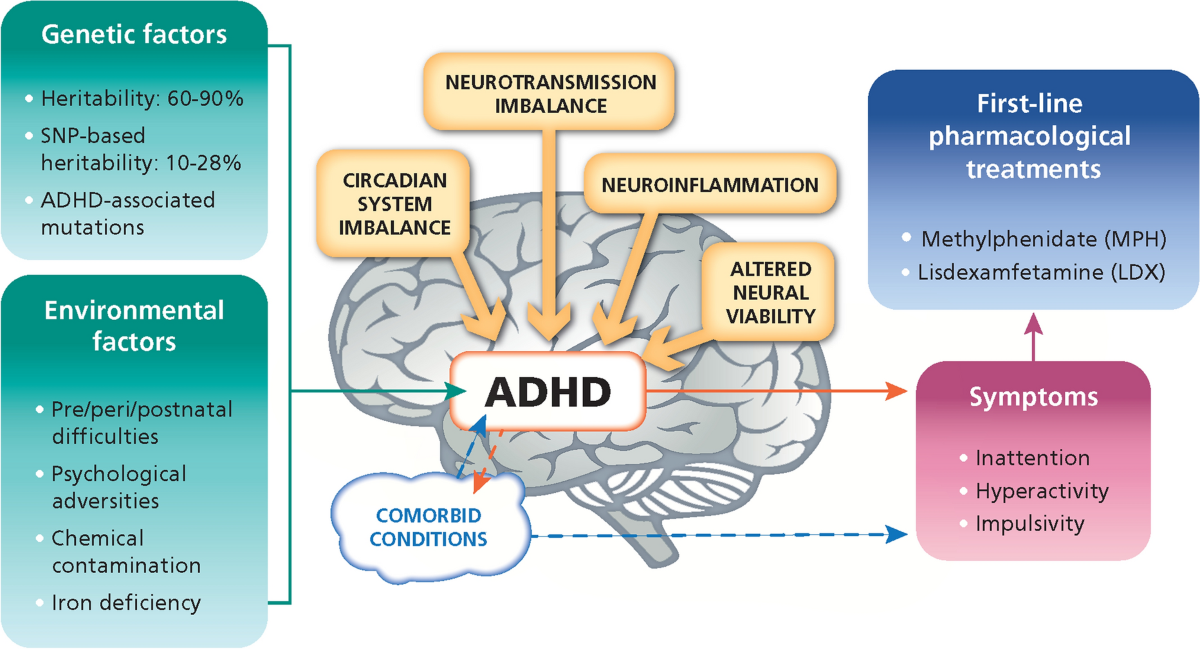How Plastic Surgery Can Help You Fix Birth Defects

Birth defects can affect individuals in many ways, from physical appearance to essential bodily functions and even mental health. These congenital conditions, which occur during fetal development, can range from minor cosmetic issues to serious structural abnormalities. Fortunately, plastic surgery offers transformative solutions that not only improve appearance but also restore function and enhance quality of life.
Types of Birth Defects Treated with Plastic Surgery
Plastic surgery is commonly used to treat a broad spectrum of congenital anomalies. Cleft lip and palate are among the most common birth defects and involve a split in the upper lip and/or the roof of the mouth. Surgery can close the gap, restore normal facial structure, and improve speech and feeding abilities. Craniofacial abnormalities, such as craniosynostosis, occur when the skull bones fuse too early. These can be corrected through reconstructive surgery to allow for normal brain growth and a more typical head shape.
The Importance of Early Intervention
For many birth defects, early surgical intervention is crucial. Performing corrective procedures during infancy or early childhood can prevent complications and support normal development. For example, repairing a cleft palate before a child begins to speak can significantly improve language development and reduce the need for future speech therapy. Pediatric plastic surgeons specialize in treating young patients and understand the unique challenges of operating on growing bodies. They often work as part of a multidisciplinary team that includes pediatricians, orthodontists, speech therapists, and other specialists to ensure comprehensive care.
Functional and Psychological Benefits
Plastic surgery for birth defects is not just about aesthetics—it’s about restoring essential functions and improving overall well-being. Reconstructive surgery can help a child eat, breathe, hear, or move more effectively. These improvements can have a profound impact on a child’s ability to thrive physically and socially.
The psychological benefits are equally important. Children and adults with visible birth defects often face social stigma, bullying, or low self-esteem. Corrective surgery can help reduce these challenges by improving appearance and boosting confidence. Many patients report feeling more accepted and empowered after undergoing reconstructive procedures.
Advances in Surgical Techniques
Modern plastic surgery has made significant strides in recent years. Surgeons now use cutting-edge technologies such as 3D imaging, computer-assisted planning, and minimally invasive techniques to achieve more precise and natural-looking results. Microsurgery, tissue expansion, and fat grafting are just a few of the advanced methods used to reconstruct complex structures. These innovations have improved outcomes, reduced recovery times, and minimized scarring, making surgery safer and more effective than ever before. Innovations such as 3D imaging and computer-assisted surgical planning enable surgeons to visualize outcomes in advance, tailor procedures to individual anatomy, and communicate more effectively with patients about expected results. These technologies enhance both aesthetic and reconstructive procedures by improving accuracy and predictability.
Minimally invasive techniques, including endoscopic surgery and laser-assisted procedures, have revolutionized the field by reducing trauma to surrounding tissues. This leads to shorter recovery times, less postoperative discomfort, and minimal scarring, making the surgical experience more comfortable and accessible for patients. As research continues and technology evolves, the future of plastic surgery promises even more refined techniques, personalized treatments, and enhanced safety protocols.
Choosing the Right Surgeon
Selecting the right plastic surgeon is essential for achieving the best possible outcome. Look for a board-certified plastic surgeon with experience in treating congenital conditions. It’s also important to choose a provider who takes a compassionate, patient-centered approach and works closely with other healthcare professionals to deliver coordinated care. If you’re considering plastic surgery in Kansas City, or where you live, you’ll find a number of highly skilled surgeons who specialize in reconstructive procedures for birth defects. Many of these professionals are affiliated with top medical centers and offer comprehensive care tailored to each patient’s unique needs.
Conclusion
Plastic surgery offers powerful solutions for correcting birth defects and improving lives. From restoring facial symmetry to enhancing hand function, these procedures can make a lasting difference in both physical and emotional well-being. With early intervention, advanced techniques, and expert care, individuals born with congenital anomalies can look forward to a brighter, more confident future. Whether you’re seeking treatment for yourself or a loved one, plastic surgery provides hope, healing, and the opportunity to thrive in your life.







